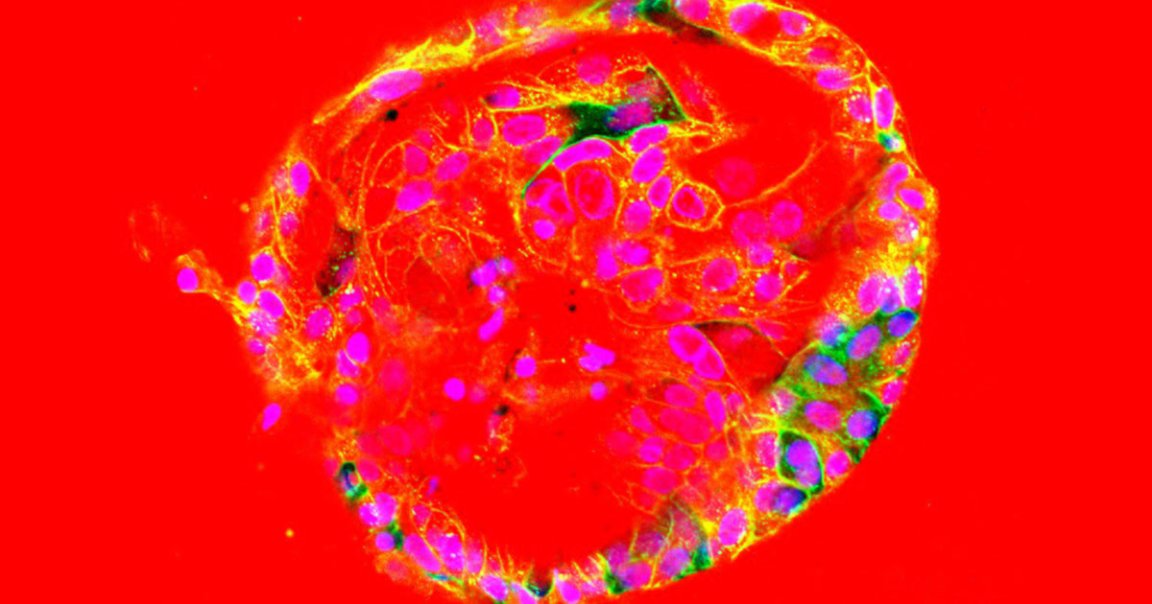
In order to understand how COVID-19 spreads throughout the body, ravaging it in myriad ways, doctors are growing miniature balls or organ-like tissue called “organoids,” and infecting them again and again.
The results, Nature News reports, are particularly troubling: the miniature lungs, livers, kidneys, hearts, intestines all showed signs of damage. The series of studies reveals with shocking clarity that COVID-19 can cause far more than a lung infection.
Of course, that’s not exactly news. This harrowing list of survivors’ and medical workers’ horror stories gathered by SFGate includes heart attacks, strokes, long-term lung damage, incontinence, skin damage, and other serious complications for supposed “mild” cases of the coronavirus:
That’s just one of the many, many stories they gathered about the ways a road to “recovery” from COVID-19 is neither linear nor something that shouldn’t be feared.
That said, for all their benefits, organoids are still imperfect. Per Nature, they’re far more simplistic than a full-sized organ. And because they’re not all connected in the same body, doctors can only use them to study the impacts on a single organ in isolation.
“We know the cells die but we don’t know how,” Weill Cornell Medicine stem cell biologist Shuibing Chen told Nature of her study on miniature lungs.
Even though questions remain, it’s clear those impacts are serious. Various studies found that the coronavirus caused serious damage in several organs, and may lead to indirect damage in others. It also became clear that the coronavirus can infect and spread through blood vessels, leading to a more serious, widespread case.
To figure that out, biologists will need to develop more sophisticated and realistic organoids and try their experiments again, Nature reports.
“It is too early to say how relevant they are,” Bart Haagmans, an Erasmus MC virologist who ran a study on gut organoids, told Nature.